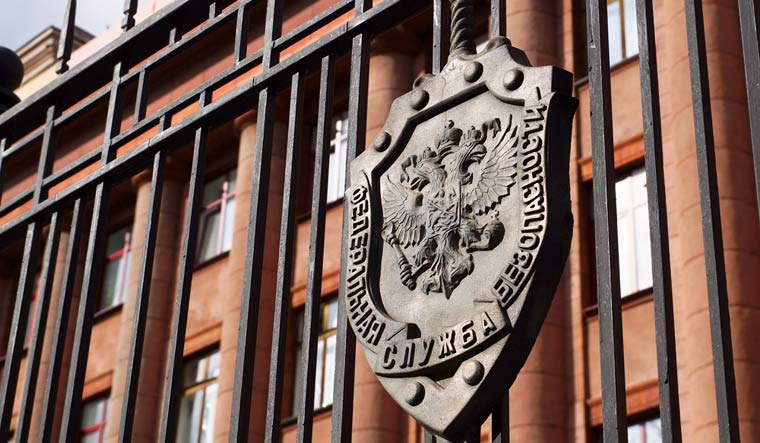Russia's Federal Security Service (FSB) has claimed that a US intelligence agency was responsible for a large-scale espionage operation that compromised thousands of iPhones, including those owned by Russian nationals, diplomatic missions, and embassies. The operation allegedly involved sophisticated surveillance software and demonstrated close cooperation between the US National Security Agency (NSA) and Apple, according to the FSB.
Moscow-based cybersecurity firm Kaspersky Lab confirmed that numerous devices belonging to its employees were compromised in the operation. However, the FSB provided no evidence to substantiate its claims of Apple's collaboration with the NSA. Apple swiftly denied any involvement, stating, "We have never worked with any government to insert a backdoor into any Apple product and never will."
Eugene Kaspersky, CEO of Kaspersky Lab, revealed on Twitter that the operation had targeted top and middle-management personnel. He described it as an "extremely complex, professionally targeted cyberattack." Kaspersky researchers independently detected suspicious network traffic on their corporate Wi-Fi network at the beginning of this year but did not report their findings until recently.
Kaspersky stated that traces of infection dating back to 2019 were found, indicating an ongoing attack at the time of reporting. The FSB alleged that American hackers had targeted diplomats from Israel, Syria, China, and NATO member countries. While Israeli officials declined to comment, Chinese, Syrian, and NATO representatives were not immediately available for comment.
Kaspersky researcher Igor Kuznetsov told Reuters that his company had independently discovered anomalous traffic on its corporate Wi-Fi network around the start of the year. He said he could not comment on Moscow's allegation that Americans were responsible for the hacking or that thousands of others had been targeted. "It's very hard to attribute anything to anyone," he said. In a blog post, Kaspersky said the oldest traces of infection it discovered dated back to 2019. "As of the time of writing in June 2023, the attack is ongoing," the company said.
Russia's foreign ministry emphasised the significance of the matter, stating that the data collection was carried out through software vulnerabilities in US-made mobile phones. The ministry further claimed that US intelligence services have been utilising IT corporations for years to collect extensive data from internet users without their knowledge.
The joint efforts of FSB officers and the Federal Guards Service (FSO) led to the discovery of the espionage plot. The FSO, responsible for protecting the Kremlin, was formerly the KGB's Ninth Directorate. Russian officials have long expressed concerns about the security of US technology, and Kremlin spokesman Dmitry Peskov asserted that officials in the presidential administration were aware that devices such as iPhones were "absolutely transparent."
Earlier this year, the Kremlin reportedly instructed officials involved in preparations for the 2024 presidential election to discontinue the use of Apple iPhones due to concerns about their vulnerability to Western intelligence agencies, according to the Kommersant newspaper.
The United States, China, and Russia are considered the top three cyber powers globally, according to the Belfer Center Cyber 2022 Power Index from Harvard University. The Kremlin and Russia's foreign ministry highlighted the alleged data collection through software vulnerabilities in US-made mobile phones as evidence of US intelligence services' extensive data gathering methods.










